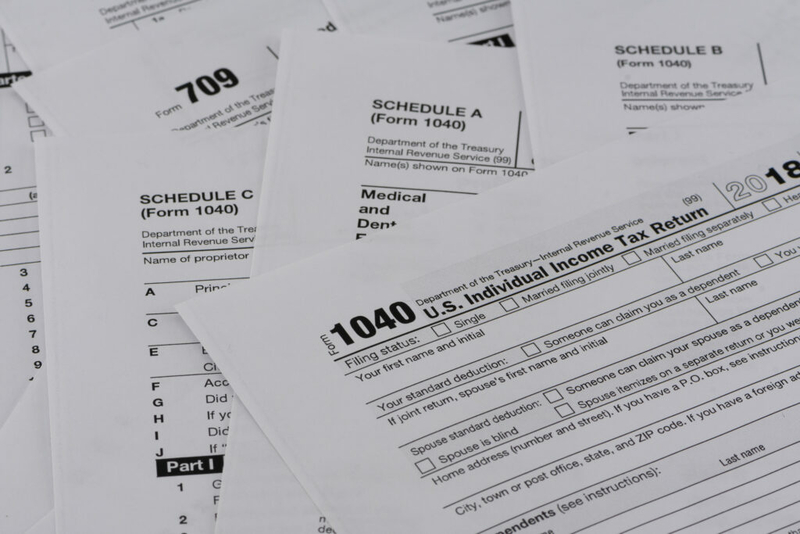U.S. House Republicans go to bat for wealthy tax cheaters and against the national interest

The new House majority nearly came to blows in electing one of their own as speaker of the U.S. House of Representatives. But those deep fissures were nowhere to be seen days later, when they voted unanimously for a bill that would protect the rich and powerful at the expense of everyone else.
Right out of the gate, House Republicans used their slim majority to pass a bill rescinding badly needed funding for the Internal Revenue Service. If successful, this legislation would further hobble the ability of the IRS to go after wealthy tax cheats, while scuttling efforts to make it easy for ordinary folks to file taxes.
The IRS is in shambles, the result of a decade-long campaign to weaken it. From 2010 to 2021, Congress cut about one-fifth of the agency’s funding, adjusted for inflation. With the loss of resources, the IRS has bled staff, even as the number of tax returns it must process has increased, even as the tax code has gotten even more complicated with the enactment of the 2017 Tax Cuts and Jobs Act — the Trump tax plan. “Had the billions in budget reductions occurred all at once,” as ProPublica noted, “the collapse of the IRS might have gotten more attention.”
The big winners are the wealthy and corporations, especially those who can hire expensive lawyers to bend the tax rules — as well as those who outright break the law. Today, the IRS has about 2,300 fewer skilled auditors than it had in the 1950s. This has made it harder for the agency to audit complicated tax returns, such as those of former President Donald Trump. Over the past decade, the audit rate on millionaires has dropped by more than 70%, while the rate for big corporations has fallen by more than half.
With fewer cops on the beat, tax cheats are having a field day. Last year, the IRS reported that the “tax gap” — the difference between taxes owed to the government and taxes actually paid — stood at about $600 billion in 2019, most of it due to cheating and aggressive tax avoidance schemes by the rich. And that’s a lowball estimate, the IRS commissioner told Congress, as it doesn’t account for tax evasion facilitated by the rise of crypto currencies and other abuses of the system.
To begin reversing course from this downward spiral, last year Congress increased funding for the IRS by $80 billion over a 10-year period as part of the Inflation Reduction Act. But the new Republican House majority voted to rescind nearly the entire amount.
Besides letting the rich make out like bandits, the defunding of the IRS comes at a steep cost for most Americans. Have you been unable to get through to talk to someone at the IRS about a problem? Has your letter gone unanswered? Have you had to wait a long time for a refund? The defunding of the agency is a likely culprit.
The House Republican bill would also kill an important move toward a long-overdue reform. A piece of the funding approved by Congress last year would go to studying having the IRS create a free tax filing option. Right now, Americans spend time and money filing tax returns, even though the IRS often has all the relevant information on hand. For two decades, the tax preparation industry — especially Intuit, maker of TurboTax — has lobbied hard to prevent free tax filing, because it profits from an unnecessarily complicated tax filing system.
Though the House Republican bill to rescind the new IRS funding stands little chance of becoming law, it is important to call it out for what it is: an effort to shield the wealthy and corporations from paying their fair share in taxes.
Over a century ago, in response to massive economic inequality similar to what we see today, Americans of all political stripes joined forces to enact the 16th Amendment to the Constitution. It gave Congress the power to establish an income tax. And ever since, we have looked to the IRS to administer it.
It’s time for Americans to once again put political affiliations aside and fight for a progressive system of taxation, well-run by the IRS. It’s vital to our nation’s well-being.








